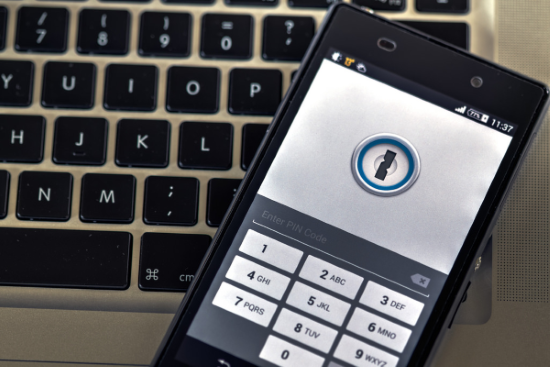
In a world increasingly concerned with privacy, mobile devices seem especially vulnerable to risk. Prankster friends, well-meaning co-workers, and even criminals can access phones and tablets with relative ease.
According to the Pew Research Center, one-third of cell phone owners have had their phone either lost or stolen, and 12% of those felt that their data was accessed in an unsafe way. Since the report was published in 2012, the complexity of criminal operations and ease of data acquisition has only grown.
For owners of mobile devices, this may seem intimidating — PEW indicates that six in 10 smartphone owners say that they back up the contents of their phone, half have cleared their phone’s search or browsing history, and one-third have turned off their phone’s location-tracking feature to prevent violations.
But what else can be done?
Basic protections
In 2014, Consumer Reports found that only 36% of smartphone users protected their device with a pin code, leaving many vulnerable. These numbers have changed with implementation of technologies like Apple’s Touch ID and Android’s trusted locations. Still, it is worth mentioning that everyone with a mobile device should at least set a pin code.
Users may also consider adjusting settings within their phone as well. Even if an iPhone is locked, Siri is defaulted to be accessible, and she can reveal a lot of information without the screen ever having been unlocked. On an Apple phone, adjust your notifications by going to “Touch ID & Passcode,” and on an Android phone, go to “Settings” and then “Notifications.”
Users should also stick to apps located within the app store, as they’re more likely to provide safety than those from unmonitored sources.
Think about what you install
Downloading apps can put users at risk, so it is best that you think about what you install. There are apps that exist for the purpose of security, and they’re free. Signal and WhatsApp both provide additional security for texting, and Orbot and Onion Browser keep your browsing encrypted, which is a great idea if you’re on a public Wi-Fi network. You may also consider installing a VPN.
Android phones allow you to lock individual apps for added privacy, and Apple phone apps can be adjusted for better privacy — just go to “Settings” and then “Privacy.”
Manage your data
If you don’t keep important information on your phone, it is more difficult to gain value from your device. Cloud services allow you to store your data away from your device, and other apps allow you to choose how long things are stored.
Don’t let apps run in the background if you can help it — some of these track your location and monitor your activities remotely.
Have a backup plan
When phones are stolen, it is nice to have a backup plan. Programs like Find My Phone and Remote Wipe allow users to potentially find their device or remotely access it and wipe it of all data, which can keep your information out of the wrong hands.
Advertisement
Learn more about Electronic Products Magazine





